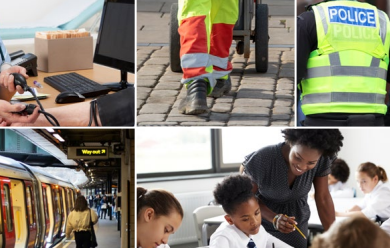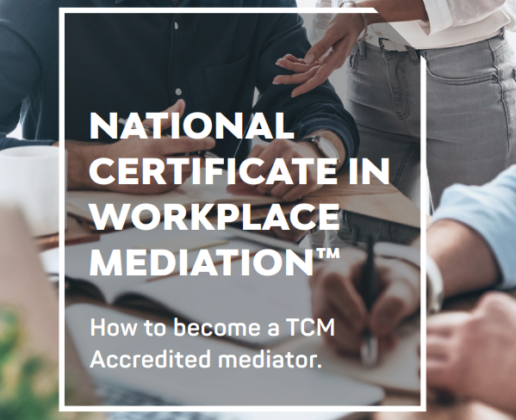Do you have any further questions?
We’d love to hear from you if you have a question or need some more guidance regarding how we can support you with mediation.
Please provide your details in the form and one of our experienced team will be in touch. Alternatively, please call our helpline on 0800 059 0595.
We look forward to hearing from you. Thank you!



